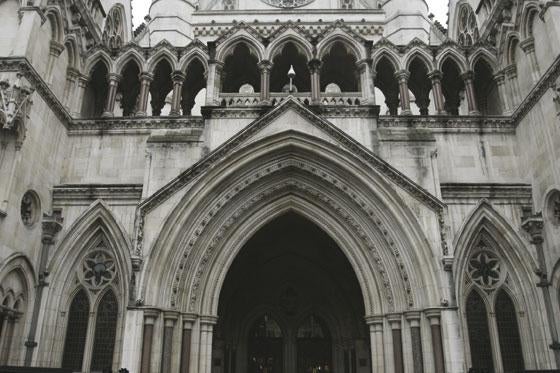
English libel laws are threatening freedom of speech around the world, according to a Swedish scientist who was sued after he criticised lie detector technology.
Francisco Lacerda, Professor of Phonetics at Stockholm University, questioned the effectiveness of the voice risk analysis (VRA) system which is currently being in a Government trial as part of a crackdown on welfare fraud.
His academic paper on the issue was withdrawn by the publisher after legal action was taken by the company behind the technology.
Professor Lacerda said after addressing MPs at the House of Commons that the fear of a writ could lead to important research being suppressed.
“Either we will see cases like mine where something has been published and we have actions or threats after publication, or even worse the challenging research never sees the light of day,” he said.
In 2007 he co-authored a paper entitled “Charlatanry in Forensic Speech Science” that criticised the technology made by Nemesysco, an Israeli company.
But the paper was withdrawn after lawyers for the company threatened to sue.
Nemesysco chief executive Amir Liberman said he was forced to resort to legal action because the research was “absolutely flawed”.
A Department for Work and Pensions pilot scheme has seen 24 local authorities test the system since 2007 at a cost of £2.4 million.
A DWP spokesman said it was now evaluating how effective the technology was at helping tackle benefit fraud, currently running at £1 billion a year.
“We made a commitment to test the VRA technology, and it was piloted in 24 local authorities until December 2009. We are now evaluating the effectiveness of the technology at reducing benefit fraud and next steps will be considered after evaluation,” the spokesman said.
Tracey Brown from campaign group Sense About Science said: “With such high costs and few defences, it is not surprising that threats of libel action from big companies succeed in getting publications withdrawn and critical views silenced.”
Email pged@pressgazette.co.uk to point out mistakes, provide story tips or send in a letter for publication on our "Letters Page" blog
